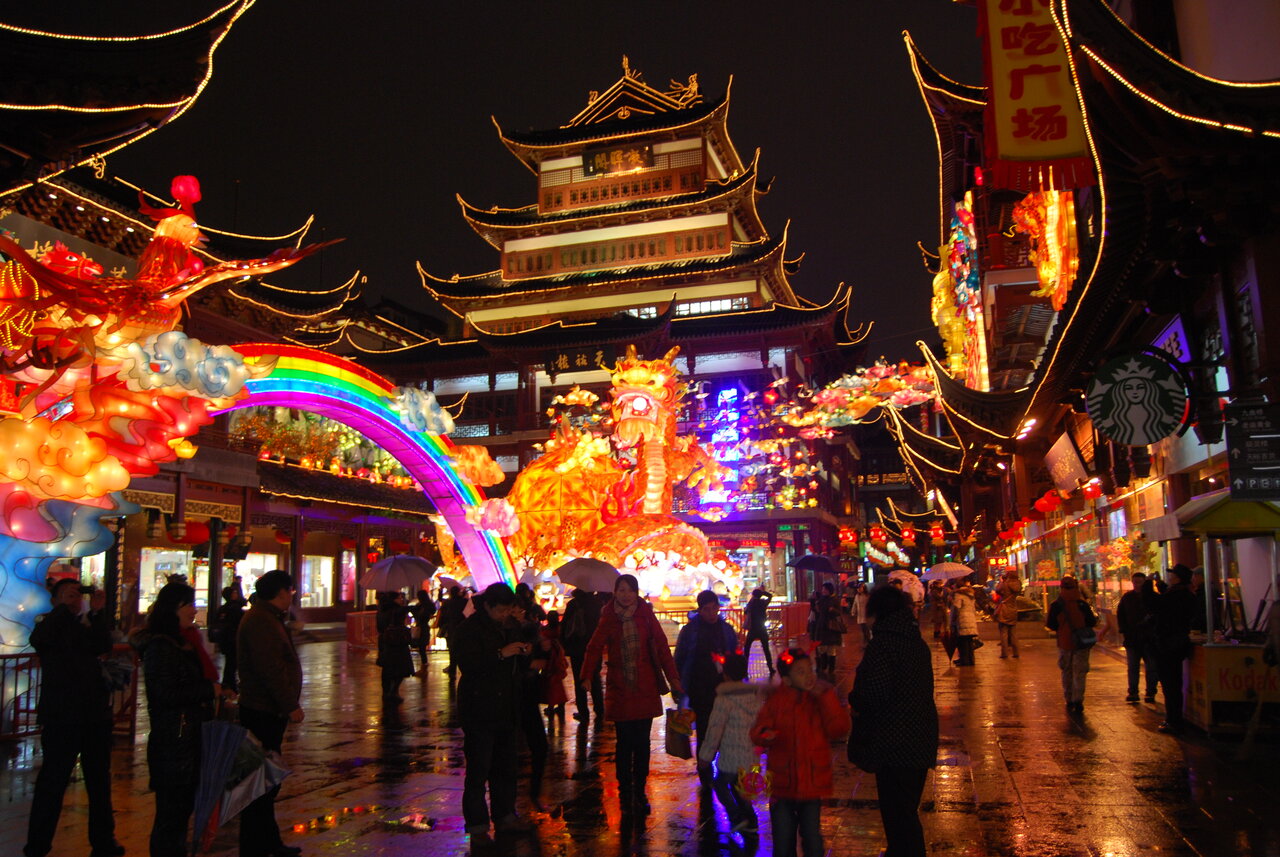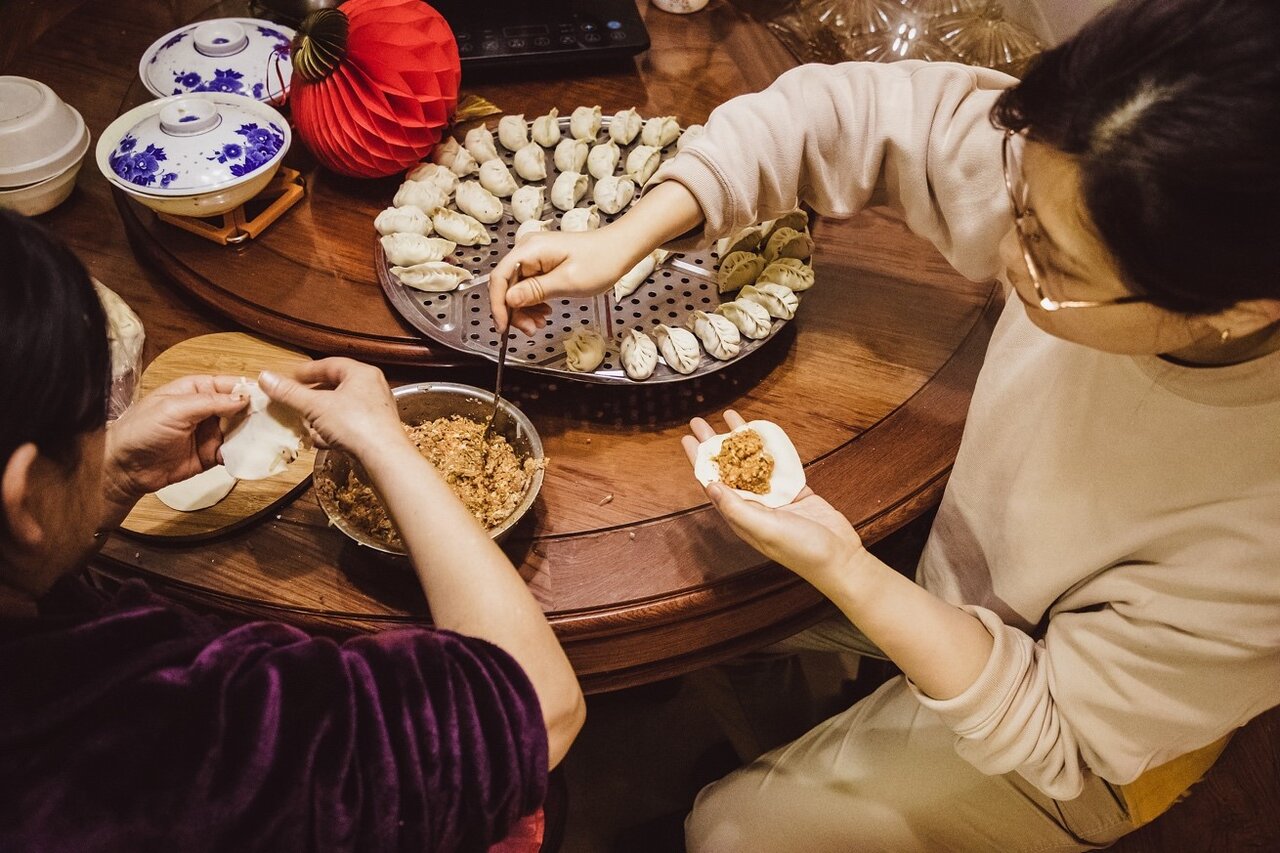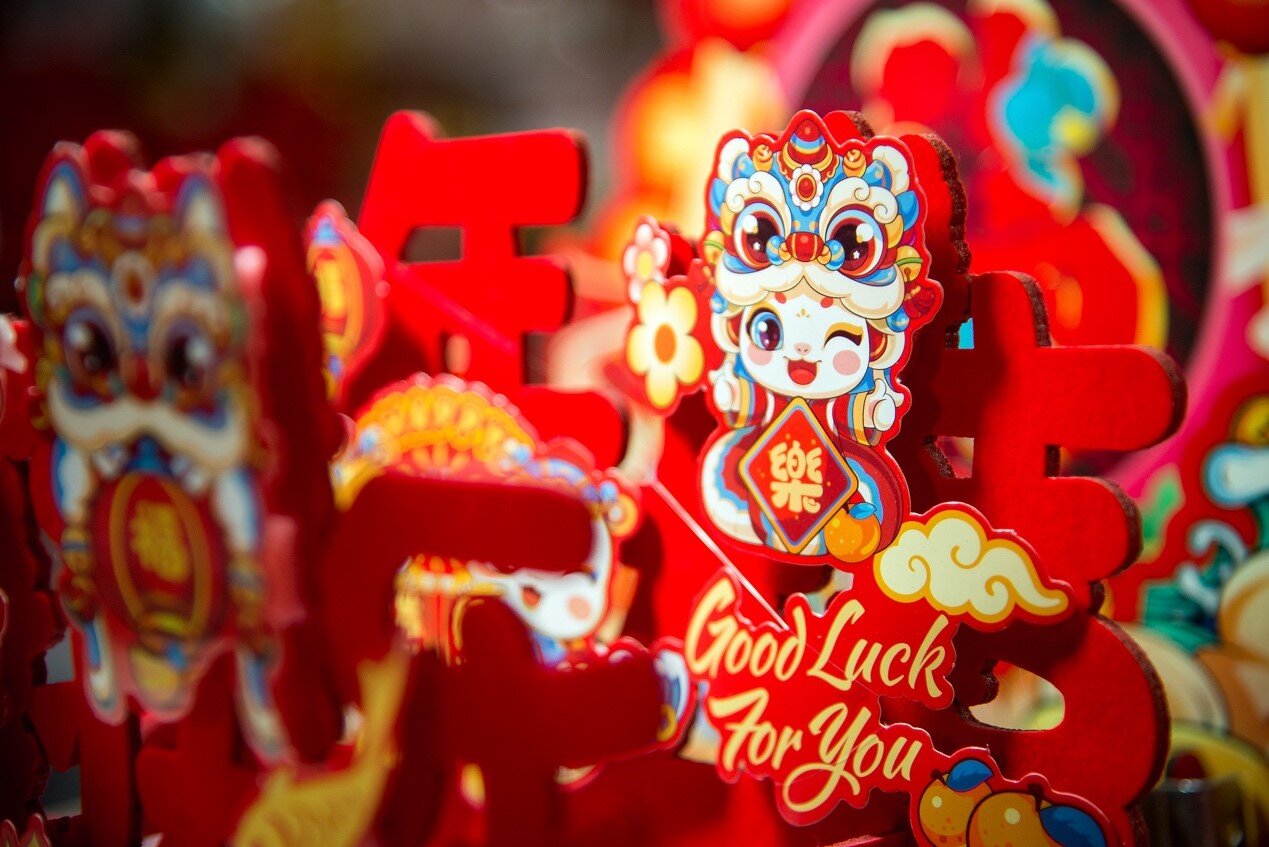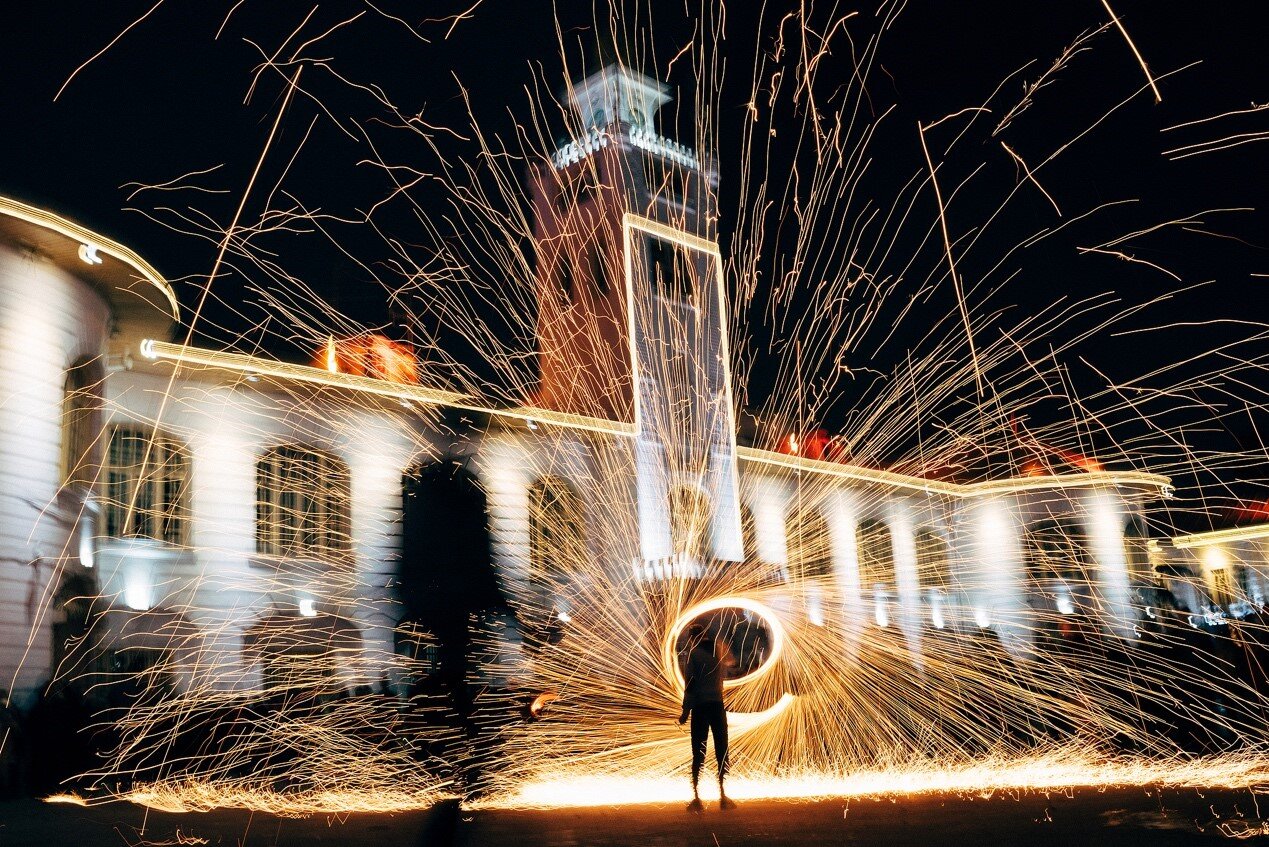Spring Festival and Nowruz: Cultural link shared by China and Iran

A symbol of reunion, China’s Spring Festival is a time when families gather together to usher in a new year on the first day of the lunar month, and when people from all corners of the country head to their hometowns.
Enjoying a growing global profile with recent UNESCO heritage recognition, the Spring Festival has now become a Chinese cultural symbol recognized and appreciated by the entire world, as its activities have been held in some 200 countries and regions, with the common value of harmonious co-existence between human and nature at its core.
Emotional bond
The celebrations for the Spring Festival are extensive. In addition to writing Spring Festival couplets and making paper-cutting works, families will share a reunion feast on New Year’s Eve, which varies from place to place.

For example, this celebration includes eating dumplings in many parts of northern China, and the making and eating process will bring the family together on an emotional level - when fond memories of the past year are shared, dumplings take shape in their hands.
Another must-do for most Chinese people on New Year’s Eve is to watch the Spring Festival Gala with family, which will last four hours or more. From songs and dances to traditional Chinese operas and comedy sketches, it offers a taste of the annual show's festive atmosphere.

During the Spring Festival, some places also have traditional performances such as dragon and lion dances, which make people feel the flavor of the New Year and its happiness.
Shared memories
Both value family very much, the Chinese Spring Festival and Iranian New Year Nowruz have something in common.
Falling on March 21 this year, Nowruz, which literally means new day, will continue for 13 days. With its history of over 3,000 years, Nowruz is also a time for families to gather, exchange gifts and visit one another.

Among many of the performances which are central to the celebration of Nowruz, traditional gatherings around ‘the Table’, or Haft Seen, is considered to be one of the most representative activities, as family members wait around for the exact beginning of Nowruz.
It was originally inscribed on the Representative List of the Intangible Cultural Heritage of Humanity in 2009. In China, Nowruz is celebrated in the Xinjiang Uygur Autonomous Region by Uygur, Tajik, Salar and Kazakh ethnic groups.
Today, traditional festivals like the Chinese Spring Festival and Iranian Nowruz are going global. They not only show the world the endless vitality of traditional culture, but also make people realize the importance and value of cultural integration, especially in the new era where changes and cooperation coexist.
Leave a Comment